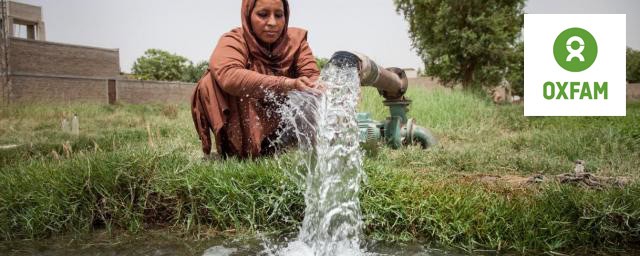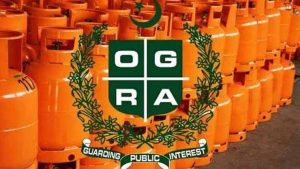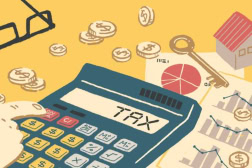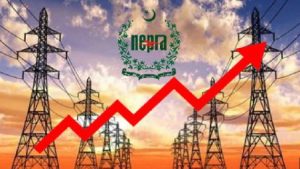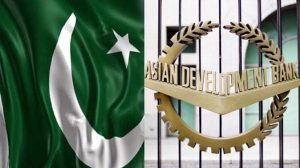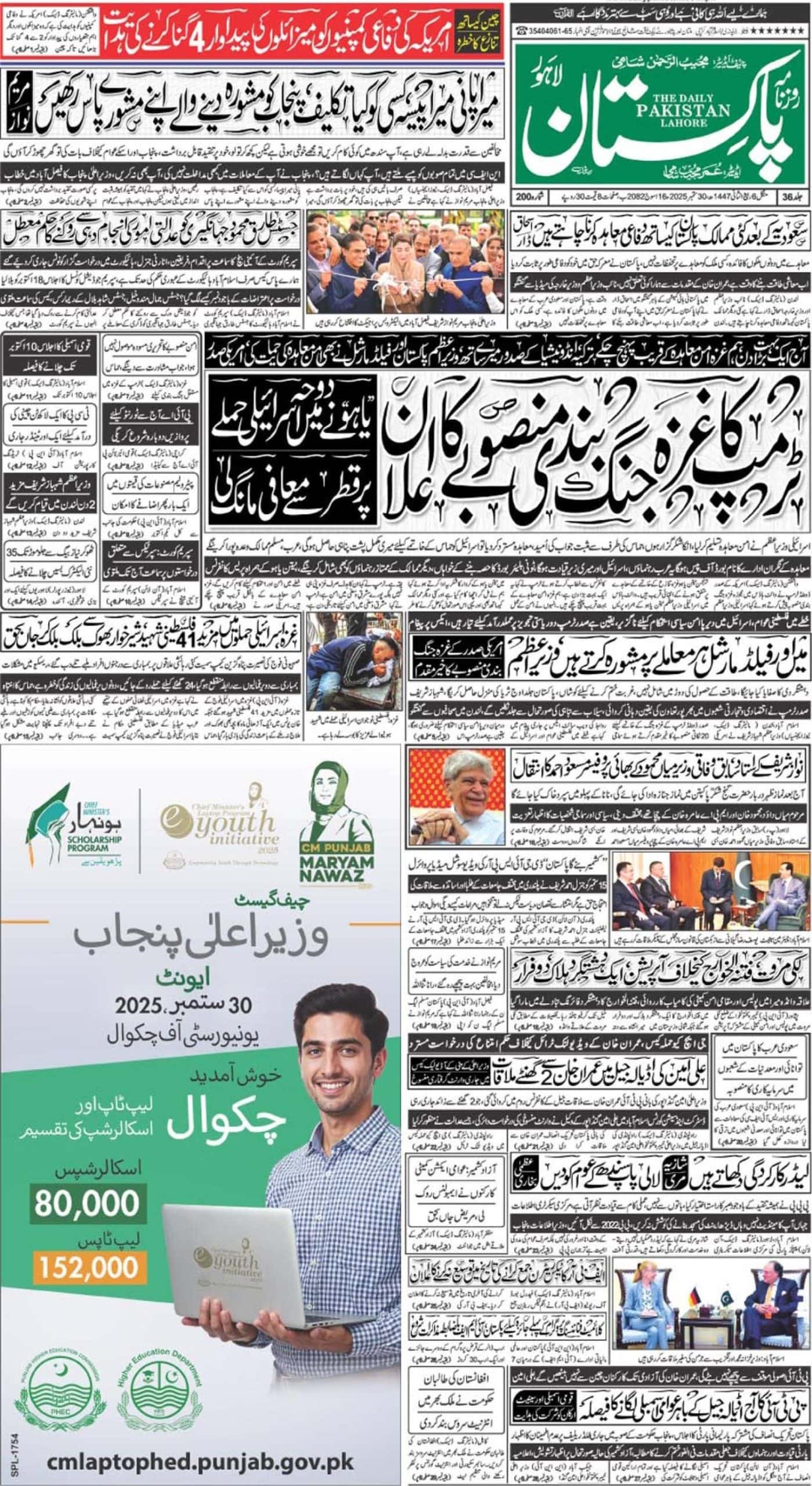Oxfam in Pakistan has published a report “Living Income Gap in Rice Value Chain” to highlight the challenges women growers and workers are facing to sustain the quality standards of rice; while receiving low farm gate prices and facing health and hygiene issues. Behind the food we buy are millions of people who grow, catch and process it, passing it along a supply chain until it ends up in our homes. But in a global food industry worth trillions of dollars, far too many of the women and men behind our food are being forced into lives of hardship and suffering, working long hours in inhumane conditions for little reward.
Oxfam in Pakistan’s Country Director, Syed Shahnawaz Ali said, “Most workers and farmers interviewed by Oxfam for our report do not earn a decent living wage or income. Some do not even earn a monthly minimum wage. In Pakistan, the Gender Transformative and Responsible Agribusiness Investments in South East Asia (GRAISEA) program is working to ensure respect for human rights and inclusion of small-scale producers inagricultural value chains. Our aim is that supermarkets take their record sales as an opportunity to create a more sustainable and resilient global food supply chain –to genuinely put hard policies and action behind improving and respecting women across their supply chains.”
Supermarkets have emerged as the standout winners from the pandemic, while women, workers, and farmers at the other end of the global food supply chain continue to face escalating outbreaks and a lack of protection from COVID-19. It is another case of inequality worsening, and again the exploitation of women is endemic. Any significant COVID-19-related support to the workers and farmers who continued throughout the crisis to provide produce and keep supply chains going was limited. What is equally as horrifying is the pervasive and systemic exploitation of women in supermarket supply chains.
In Pakistan, rice farming is a key source of income for smallholder producers and their families, especially women. However, hundreds of farmers and workers who produce our food are forced to work long hours in inhumane conditions. The burden of this injustice falls more heavily on women, who are discriminated against, paid less than men, and denied the same basic human and legal rights. The report includes stories of women rice growers and the challenges they face when it comes to receiving fair wages.
Agriculture is considered the backbone of Pakistan’s economy and employs 36.66% of Pakistan’s labor force of which 65.26% are females. Though female participation in agriculture has increased; policies, plans, and investment do not support these women for attaining their rights. Oxfam is supporting men and women smallholder farmers in building their capacity to participate in agriculture value chains and benefit fairly from economic opportunities.
As consumers, we were all so grateful for the lifeline during COVID-19 that supermarkets provided. But it is high time that we started to see companies addressing the challenges faced by the women producing our food. It is a poor reflection of supermarkets’ current business model. They put the interests of wealthy shareholders and directors ahead of their workers and suppliers.
The GRAISEA program seeks to achieve transformed opportunities for marginalized men and women in the agricultural sector, through inclusive rice value chains and business models that drive women’s economic empowerment and climate resilience. Under the project women farmers have taken up executive roles within grower organizations in Punjab. They are engaging with government actors and coordinating with civil society organizations to influence national policy frameworks to drive inclusive business models that support women’s economic empowerment.
Supermarkets are at a critical juncture. Instead of carrying on with business as usual they could take their record sales and booming business as an opportunity to create a more sustainable and resilient global food supply chain. They can act to improve and respect women across their supply chains or continue to squeeze value out of them for the benefit of shareholders and those at the top. Progress is possible – if we are ready to reform today’s unjust and unequal global retail business for the better. One which has women, workers, producers, and their communities, at its heart.

